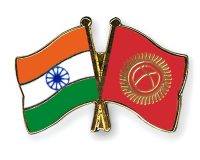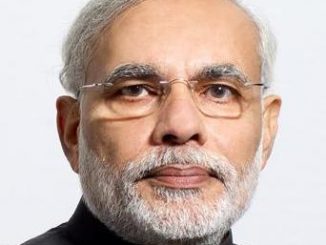
India needs to improve its ease of doing business, which continues to lag behind that of G20 (Group Of Twenty, a group of finance ministers and central bank governors from 19 of the world’s largest economies, and the European Union) to attract foreign businesses to invest in the country, Arun M Kumar, director-general of the US (United States) and Foreign Commercial Service, said .
Speaking at an industry session organised by YES Bank and Indo-American Chamber of Commerce, Kumar said data pointed to a correlation between better ease of doing business and higher levels of economic growth, even among Indian states.
According to a study by World Bank last year, Gujarat, Andhra Pradesh, and Jharkhand topped the list of states in this regard. Currently, the Department of Industrial Policy and Promotion (DIPP) has formulated 340 parameters, on which states have been asked to update their performance till June 30. Kumar said ease of doing business represented a major stumbling block to India-US business and trade prospects, which he said had massive potential in e-commerce and travel and tourism sectors. He said the US had invested in Indian e-commerce startups and 1.2 million American tourists had visited India. The defence and aerospace industry was pointed out by Kumar as another important segment which had a lot of headroom for growth. India sources 12 per cent of its defence procurements from the US.
Kumar said trade between the countries would have to take into account the realities of the Trans Pacific Partnership, the mega trade deal between pacific nations like Japan, Austalia, Canada and the United States, among others.
Apart from trade itself, he said standards in trade would need to be revisited by India. “The TPP agreement has set strong standards in labor and environment compliance, which will affect global standards as well”, Kumar said.
On the Intellectual Property Rights (IPR) policy recently released by the government, Kumar said centralizing the copyright and patent regimes under DIPP and improving co-ordination between the Centre and states on compliance have been a welcome move.
The policy is expected to strengthen the IPR regime in the country as well as improve available infrastructure to generate higher levels of intellectual property. However, India continues to be placed on a Priority Watch List by the United States on account of their assessment of India’s IPR protection being inadequate.
Earlier this week, Commerce and Industry Minister Nirmala Sitharaman had said the US Special 301 report on IPR is a “unilateral” move and no country has the oversight on domestic policy of other nations.
Kumar also welcomed other policy actions, such as the bankruptcy law being passed.







Leave a Reply
You must be logged in to post a comment.